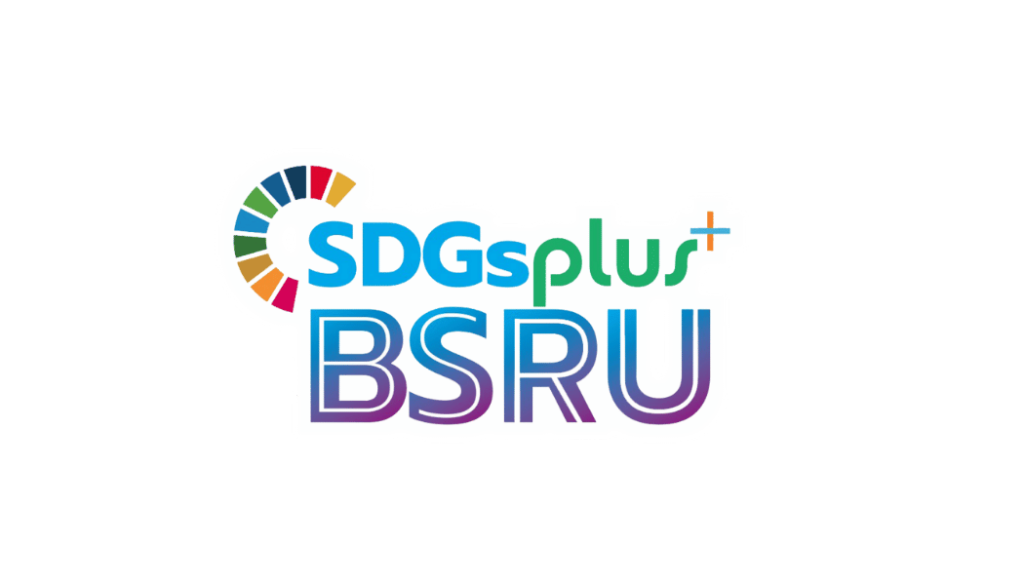Bansomdejchaopraya Rajabhat University (BSRU) plays a vital role in providing expert advice across local, regional, and national levels. Through collaborations with local districts in Bangkok, BSRU supports community health and development projects. At the regional level, the university advises on sustainable tourism, social welfare, and environmental practices. On the national stage, BSRU contributes to the implementation of Thailand’s Sufficiency Economy Philosophy (SEP), working with government bodies to shape policies that promote sustainable growth and align with global SDGs.
1. BSRU Supports Local Implementation of Bangkok’s Community Health Charter to Strengthen District Health Initiatives
On February 10, 2023, Bansomdejchaopraya Rajabhat University (BSRU), in collaboration with the Bangkok Health Policy Center (ศนก.สช.), hosted a local advisory session aimed at advancing community health efforts within specific Bangkok districts. Led by Associate Professor Saiyan Phutthala, Vice President of BSRU, the session engaged university faculty and local administrators to address BSRU’s role in implementing and advising on the Community Health Charter across Bangkok’s districts, with a particular focus on Taling Chan and Phra Khanong.

BSRU’s involvement in this initiative underscores its commitment to providing expert advice to local government entities, enhancing community well-being through focused, practical guidance. Key topics of the session included:
-
Localized Implementation of the Health Charter in Taling Chan and Phra Khanong: BSRU is taking a lead role in guiding health initiatives within these districts, offering expertise in designing and implementing health policies that align with community needs. This includes direct support for local leaders and citizens to integrate health-focused actions within their everyday lives.
-
Expanding Community Access to Health Resources: Through partnerships with local health funds, BSRU advises on project proposals that enable communities to secure funding for health-related activities, thus fostering a self-sustaining approach to local health development.
-
Establishment of a Local Health Knowledge Hub: BSRU also supports the formation of an urban health research center, consolidating health data and research insights gathered from each district. This hub aims to serve as a valuable resource for ongoing health projects, supporting both current and future local health policies and empowering communities to proactively manage their health.
By providing expert guidance and facilitating access to resources, BSRU strengthens local health initiatives, reinforcing its commitment to sustainable community health at a grassroots level.
2. BSRU Provides Expert Advice on Regional Development and Sustainability Initiatives
On November 2, 2023, General Dapong Ratanasuwan, Privy Councilor, visited Bansomdejchaopraya Rajabhat University (BSRU) to assess its contributions to regional development in alignment with the university’s 20-year strategy for local and regional advancement (2017-2036). Hosted by President Asst. Prof. Dr. Linda Gainma and senior faculty members, the visit underscored BSRU’s role in offering expert advice on sustainable development to regional government authorities.
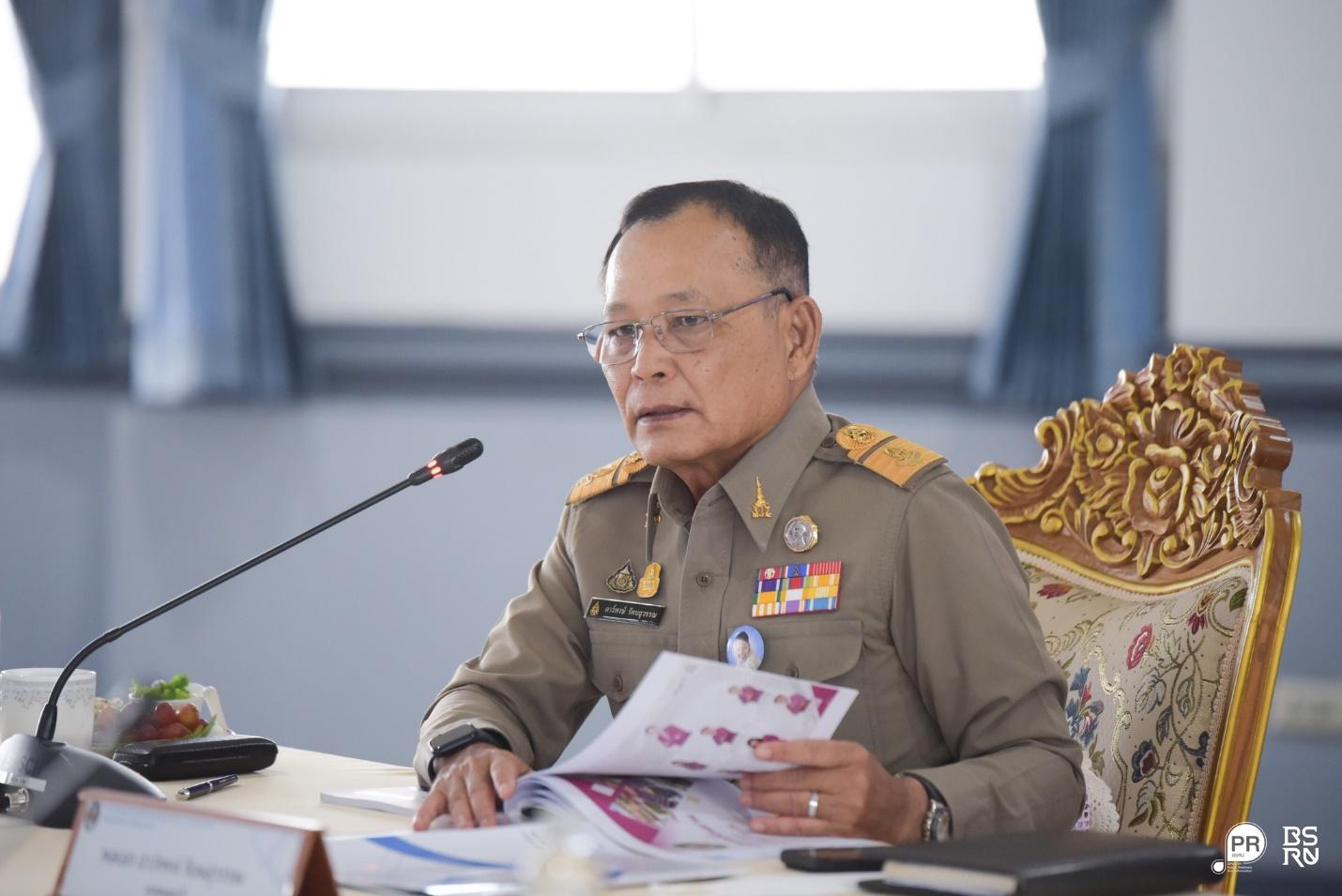
During the visit, BSRU presented several initiatives that align with regional development priorities:
1.Regional Economic Growth: Through the Two-Canal Floating Market project in Bangkok’s Taling Chan District and the Coconut Supply Chain Enhancement project in Samut Sakhon, BSRU provided policy guidance to regional governments on promoting sustainable tourism and the Bio-Circular-Green (BCG) economic model to foster long-term regional economic development.
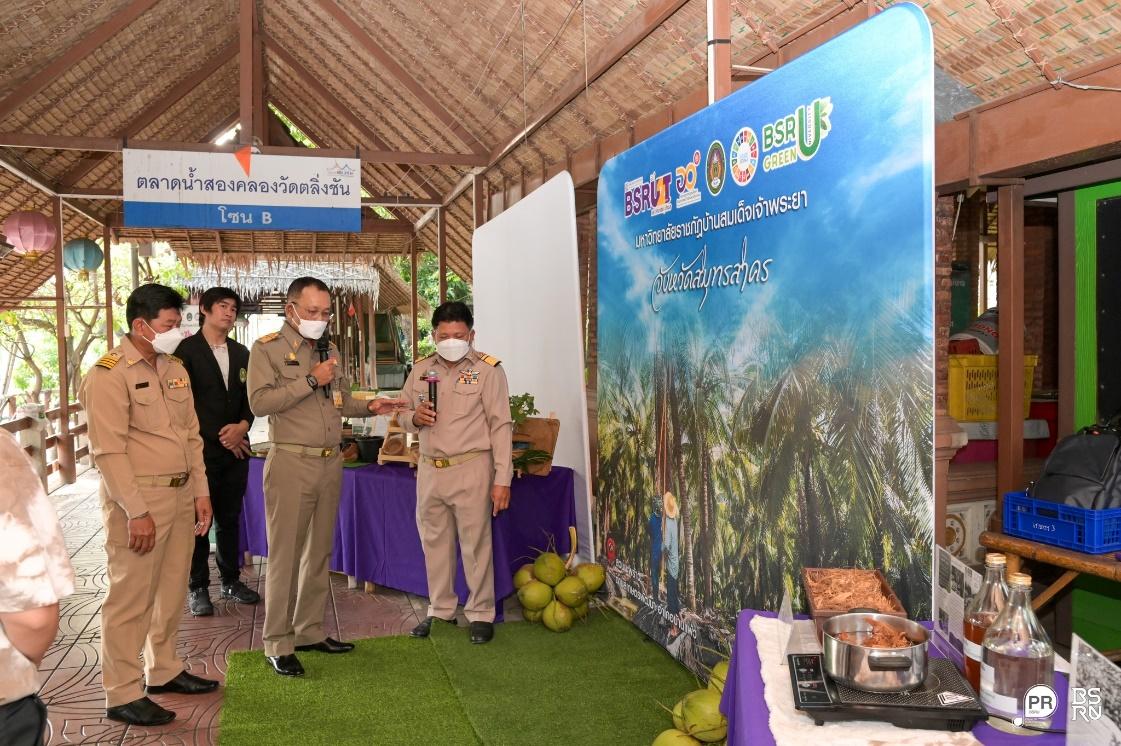
2.Social Welfare: BSRU’s music therapy for senior citizens initiative provides evidence-based advice to regional health authorities, promoting social well-being and better health management for aging populations across the region.
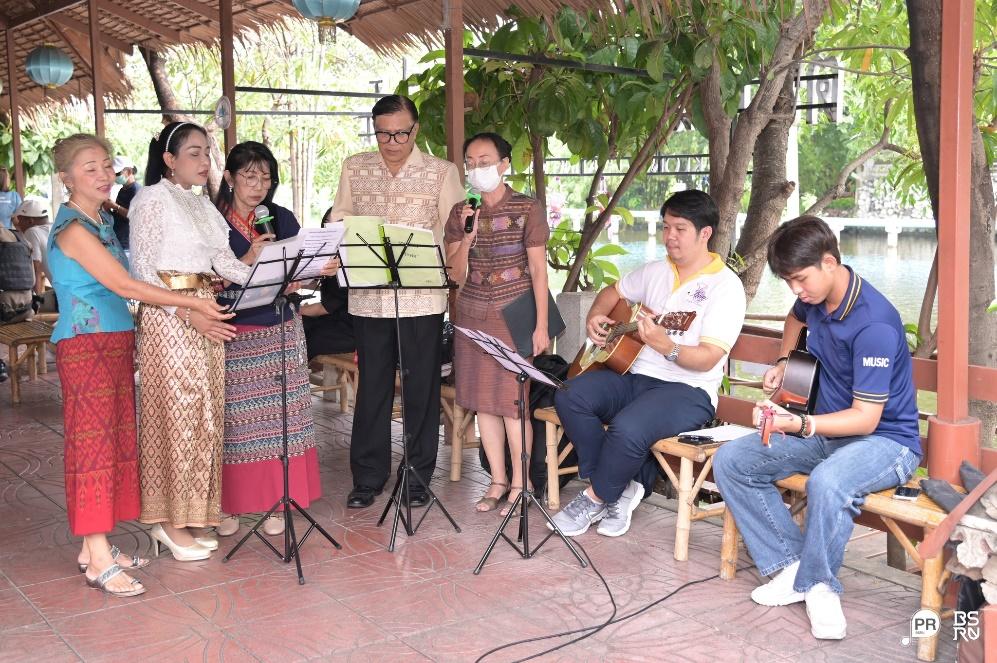
3.Environmental Sustainability: In its Environmental Innovation Project, BSRU provided expert recommendations on sustainable waste management practices and strategies to reduce regional carbon footprints, assisting local governments in addressing climate change and waste reduction goals.

4.Education for Regional Development: BSRU’s efforts to enhance literacy and critical thinking skills for students in regional primary schools directly inform education policy, advocating for improved educational resources and quality learning outcomes within the region.

Through these initiatives, BSRU has demonstrated its commitment to supporting regional governments by providing expert advice, guiding sustainable policy development, and offering actionable recommendations for fostering economic, social, environmental, and educational growth. These efforts contribute directly to regional sustainable development and policy-making in alignment with national and global SDGs.
3. Bansomdejchaopraya Rajabhat University (BSRU) Reinvents Local Development: A National Network Model for Sustainable Communities
In 2023, Bansomdejchaopraya Rajabhat University (BSRU) launched a pivotal initiative under Thailand’s “Reinventing University” project to establish a national four-party network and local knowledge database aimed at uplifting local economies and improving community quality of life. The project, developed in collaboration with the Ministry of Higher Education, Science, Research and Innovation (MHESI) -BSRU is on Number 15, involves key BSRU leaders, including Dr. Linda Gainma, who serves as President of BSRU. The initiative aligns with Thailand’s strategic goals, providing expert policy guidance to government officials on effective community development models and sustainable practices. 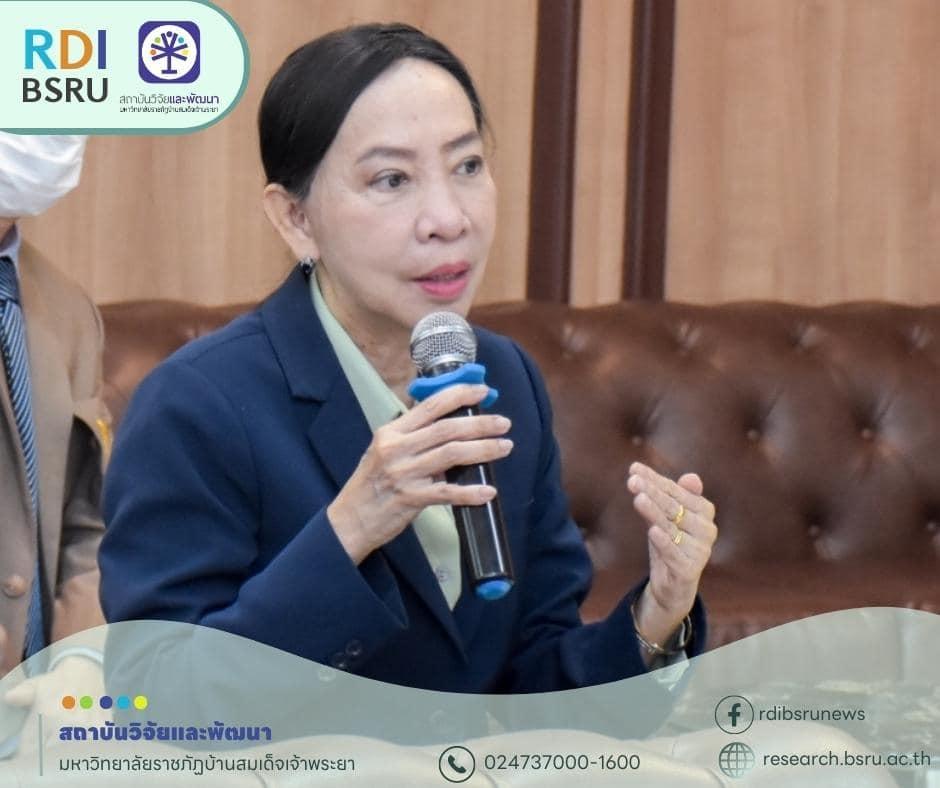
Through the 3LoCo network model (Three Localities Collaborative), BSRU, alongside other Rajabhat universities and national government bodies, is setting a precedent for implementing the Sufficiency Economy Philosophy (SEP). This philosophy, developed by the late King Bhumibol Adulyadej, integrates sustainable and self-sufficient practices into national development strategies, creating a framework that BSRU’s network is actively disseminating as a proven model for broader national use. The model’s success has been demonstrated in sufficiency economy communities, which serve as practical examples of sustainable, community-centered growth. These findings and methodologies are presented to national committees, providing government policymakers with evidence-based recommendations for scaling these practices nationwide.

The project’s national impact includes training and workshops that empower university faculty to act as professional trainers and advisors within local communities. By building capacity in fields such as product development, packaging, and income generation, BSRU facilitates the flow of expert advice directly to targeted localities. The university’s experts also contribute recommendations and findings through reports and presentations to government agencies, informing national policy on rural development and community economics.
The TASSHA (THASSHA) initiative, financially supported with a budget of 2.8 million Thai baht, reinforces this national collaborative network by enabling Rajabhat universities to conduct community-based research and outreach activities. These activities, including the dissemination of SEP practices and collaborative network-building, are strategically aligned with MHESI’s national development goals, helping BSRU to provide targeted, sustainable development advice that shapes government policy.To further extend its expertise beyond national borders, BSRU collaborated with the National University of Laos (NUOL) in Vientiane. This cross-border exchange of expertise strengthens Thailand’s regional influence in sustainable practices, with Thai experts providing knowledge and advising on SEP implementation for neighboring governments.

